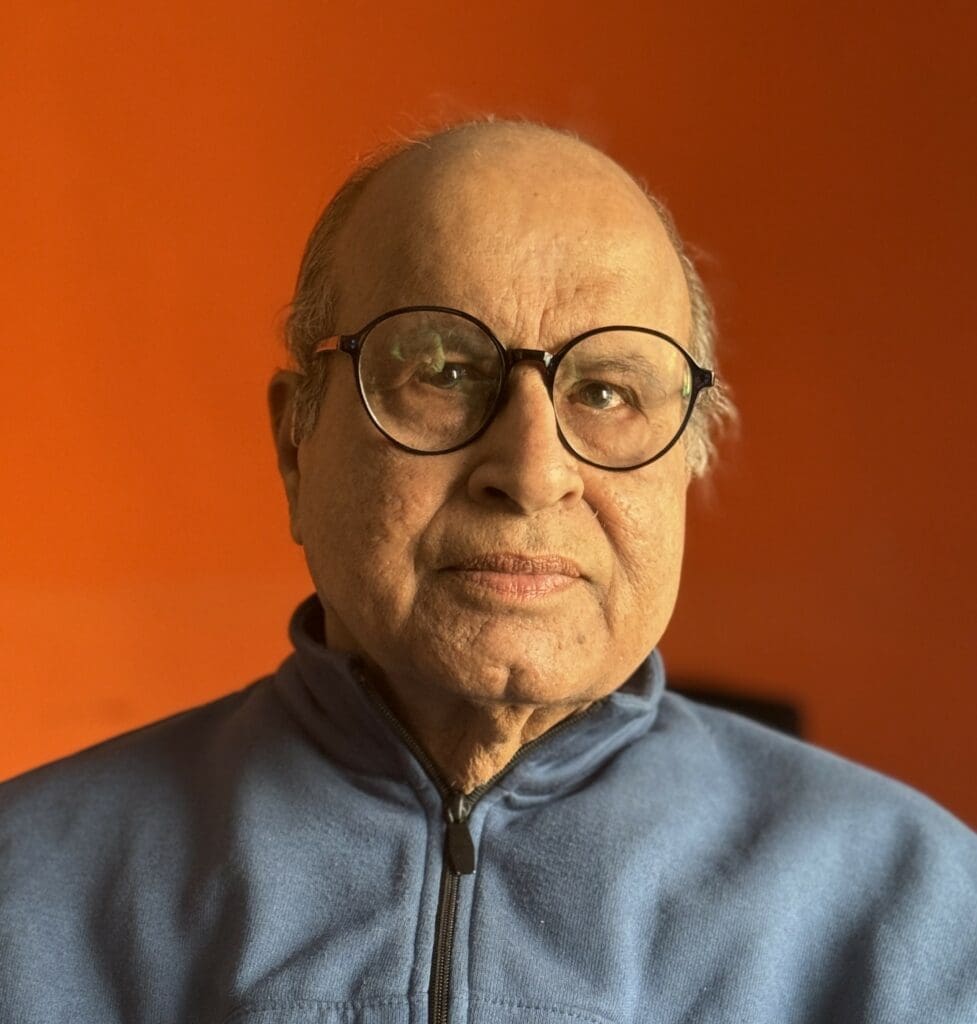Diabetes, a prevalent health concern in India, poses significant risks to older adults’ health. Undergoing regular diabetes screening is not merely a precaution but a proactive step towards ensuring a healthier and more fulfilling life. According to the latest data, diabetes affects approximately 8.9% of India’s adult population, with prevalence increasing with age. Timely screening and intervention are crucial in mitigating the burden of diabetes-related complications and improving overall health outcomes.
Here’s why it’s essential:
Diabetes screening serves as an invaluable tool for early detection of elevated blood sugar levels, often before symptoms manifest. Early diagnosis allows for prompt intervention and tailored treatment plans, significantly reducing the risk of developing severe complications associated with diabetes. These complications encompass cardiovascular diseases, kidney dysfunction, nerve damage, and vision impairment, all of which can severely compromise one’s quality of life.
Failing to undergo diabetes screening can result in undiagnosed diabetes, leading to heightened risks of debilitating complications. Without timely intervention, diabetes can silently progress, causing irreversible damage to vital organs and systems within the body. Left unchecked, diabetes may escalate to life-threatening conditions, significantly diminishing overall health and well-being.
For older adults in India, annual diabetes screening is widely recommended, particularly for individuals with predisposing factors such as obesity, family history of diabetes, sedentary lifestyle, or high blood pressure. Screening typically involves blood tests such as fasting blood glucose or hemoglobin A1c (HbA1c) tests, which accurately measure blood sugar levels and facilitate prompt diagnosis.
Statistics from the Indian Council of Medical Research (ICMR) underscore the urgency of diabetes screening among older adults in India.
In conclusion, older adults in India must prioritize undergoing diabetes screening as an integral component of their preventive healthcare regimen. By embracing screening, individuals empower themselves with the knowledge and tools necessary to manage diabetes effectively, ultimately enhancing their longevity and quality of life.
References:
Indian Council of Medical Research (ICMR). (2022). National Diabetes and Diabetic Retinopathy Survey India.




